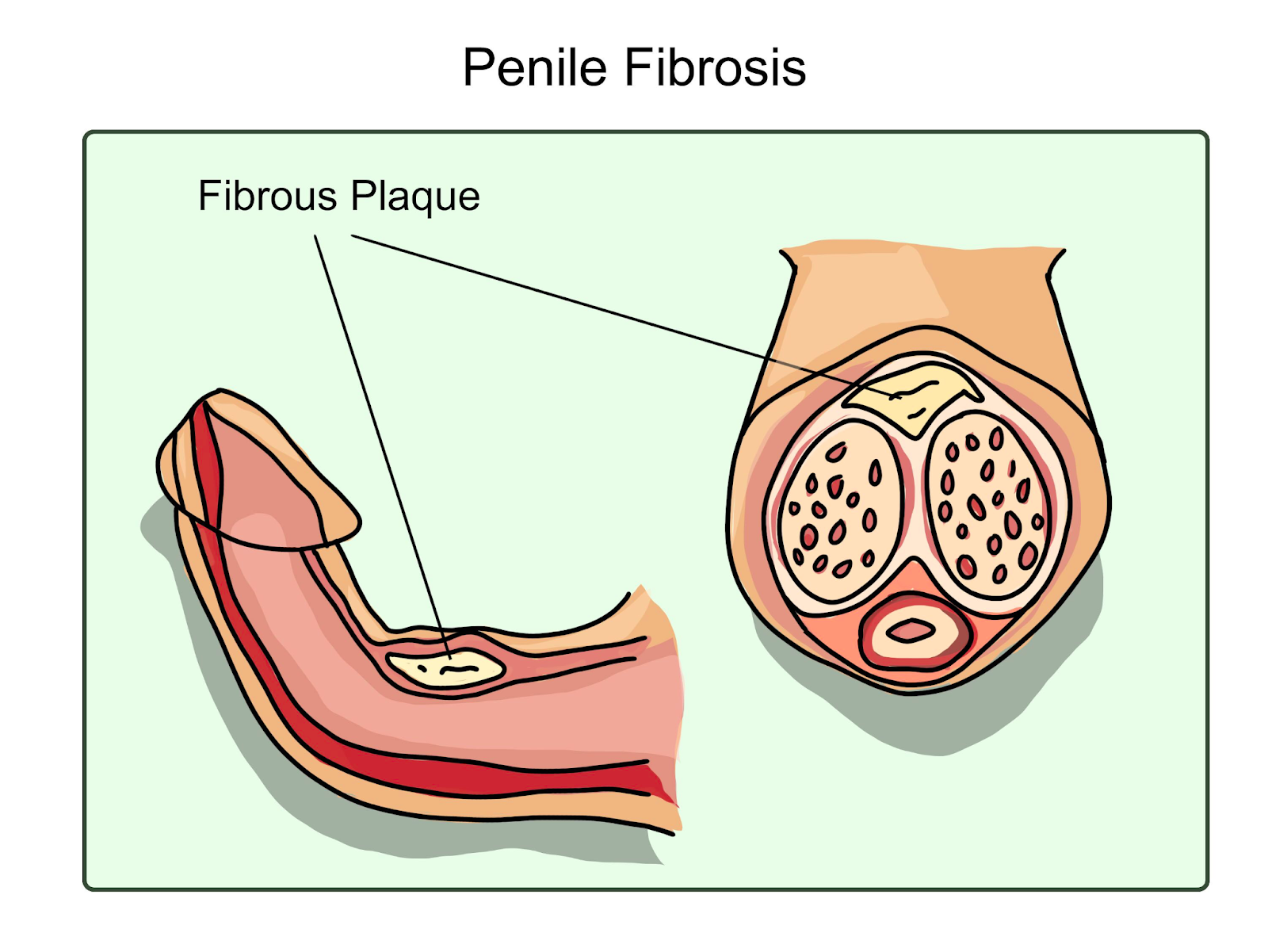
Just pop it in your mouth for an instant boost

Unsubscribe | Report as spam | Change email preferences
—-Important Message About Raising T and Libido—-
Here’s how Booster Bites work — gets your body producing more important male hormones
As soon as you pop just 1 of my Booster Bites in your mouth, you are instantly increasing your important male hormones by up to 73%.
It’s almost as if you’ve been given a shot of medical-grade testosterone, but without any of the medical business.
The ingredients in Booster Bites stimulate the Leydig cells in a man’s testicles…
Getting them to produce more natural testosterone, DHEA, and DHT on their own.
It’s really that simple. But the benefits are HUGE.
Try Booster Bites for free today
———-
Get back that roaring teenage drive with this bite size snack
The hormonal system is a complex interaction of different hormones.
At first glance, it can seem quite complicated — but once you know what to look for it all makes sense.
No single hormone controls libido on its own or in every context.
Estrogen needs to be in the low normal range. Prolactin needs to be at the lower end.
But it is essential that you do not have low testosterone.
Low testosterone on its own will tank libido and overall health.

This human study was carried out at Helsingin Yliopistollinen Keskussairaala, Psykiatrian Poliklinikka. The findings were published in the Archives of Sexual Behaviour.
Hypogonadism is the name given to clinically low testosterone caused by low function of the gonads (testicles).
The signal for testosterone production in the testicles comes from the pituitary and depends on the hypothalamus.
So testosterone can be caused by a failure of any of these 3 parts of the body.
These experiments, the researchers recruited 15 men with low testosterone of various causes.
“15 patients with hypogonadism due to testicular, pituitary or hypothalamic failure were studied.”
The men were interviewed about their libido and reported the number of ejaculations they notched up every week.
Then the men were given a number of different injections.
Each injection was given twice, 2 weeks apart. Each experiment covered a 4-week experimental period.
There are a number of different injections given.
One was placebo – no testosterone. The remainder were increasing doses of testosterone enanthate.
“After a pretreatment period the patient received injections of testosterone equivalent to 25, 50, 100 and 250 mg of testosterone or placebo.”
The cut off for low testosterone is 2.5 ng/mL.
All of the men who started out with testosterone levels below 2.0 reported major sexual problems.
“All patients with plasma testosterone values below to during the pretreatment period reported impaired sexual function.”
All of those men responded favorably to testosterone doses above 25 mg.
“The men responded to testosterone injections (50, 100, and 250 mg) with improvement in sexual behaviour.”
All of those men reported improved libido as well as an increased frequency of erections and ejaculation.
“The improvement with testosterone above 50 mg included increases in sexual desire and frequency of ‘rockiness’ and ejaculations.”
In general, sexual desire and function improved as testosterone levels increased and moved out of the clinically low range.
But some men responded faster than others. Four of the men reported improvements at 4.5 or lower.
Other men didn’t see improvement until their testosterone levels were above 4.5.
The accepted normal range of testosterone is between 2.5 and 9.5 ng/mL.
“4 men reported high frequencies of ‘rockiness’ and ejaculations with testosterone between 2.0 and 4.5. Other men with testosterone in that range only improved when testosterone was elevated above 4.5.”
Libido and the ability to attain strong erections and frequent ejaculations depend on numerous factors.
This study clearly shows that low testosterone is a cause of sexual dysfunction and low libido in men.
“Our study shows that male sexual behaviours are testosterone dependent and the individual limit of testosterone below which sexual behaviour is impaired lies between 2.0 and 4.5.”
The study implies that when men have sexual problems and their testosterone is below 4.5, testosterone is a probable cause of those sexual problems.
But as we can see from other studies, testosterone is not the only factor.
Prolactin and estrogen also have to be in the right range. And there can also be problems with fibrosis…
The buildup of scar tissue inside the main body of the penis.
Though it is a little complex, the issues that cause low libido and male sexual dysfunction are well understood and can be fixed.
—-Important Message—-
If you haven’t had a boner in 6 months, chances are very high this is the reason — penile fibrosis

Penile fibrosis sets in when you don’t get a regular boner blood supply to the penis.
It shows up as failure to have a boner even in the morning. Any time.
And also, instead of this symptom, some men have a bump, bend, or lump in their members…
Often called Peyronie’s but just another form of penile fibrosis.
The good news is that penile fibrosis and Peyronie’s can be reversed naturally, using a toothbrush…
———-

